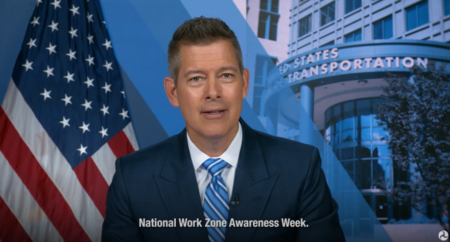The total number of people killed or seriously injured on London’s roads fell again last year to the lowest level on record, although motorcycle collisions remain a concern.
Transport for London (TfL) has published its annual ‘Casualties in Greater London’ report, which shows that the number of people killed or seriously injured (KSI) on the UK capital’s roads fell by 3% in 2015 to the lowest number since records began, and by 42% on the 2005-2009 baseline for which road safety progress is measured. Overall, the number of people killed or seriously injured fell from 2,167 to 2,092, with London on course to have reduced such incidents by 50% by 2020. There were 84 fewer serious injuries (2,040 to 1,956) in 2015 compared with 2014, however there was a 7% rise in fatalities (from 127 to 136). Despite this, overall fatalities have decreased 36% on the 2005-09 baseline.
Cyclist safety improved significantly in 2015, with fatal and serious injuries involving cyclists falling by 10%, and four fewer cyclist fatalities compared with 2014 (nine fatalities down from 13). The number of pedestrian KSIs decreased by 6%, also to the lowest level on record, however there were two more fatalities for this vulnerable user group compared with the previous year (66 up from 64). Despite overall trends of improved road safety for most road user groups, 2015 saw a concerning increase in the number of motorcyclist fatalities and serious injuries with nine more riders dying in road collisions compared with the previous year (36 up from 27). However the longer-term trend of motorcyclist KSIs is still down, having fallen by 32% since 2005-09.
TfL launched the first Motorcycle Safety Action Plan in 2014, and is working with its partners, including the police and the Motorcycle Industry Association, to maximize the impact of the program. This includes funding for accredited motorcycle training centers, one-to-one training for motorcycle commuters, and improving street design for motorcyclists with the UK’s first Urban Motorcycle Design Handbook. TfL’s ongoing motorcycle safety marketing campaign is also helping to tackle the main cause of fatal collisions, which is ‘travelling too fast for the conditions’.
“We are making good progress in reducing death and serious injury on our roads, and meeting our target of a 50% reduction by 2020,” noted Leon Daniels, managing director of surface transport at TfL. “However, there remains an enormous amount to do and we are, in particular, deeply concerned about the rise in the number of fatal collisions involving motorcyclists. We are taking a range of actions to tackle this, including working with the Motorcycle Industry Association, funding for accredited training centers, and one-to-one motorcycle commuter training, and improving street design for motorcyclists.”




